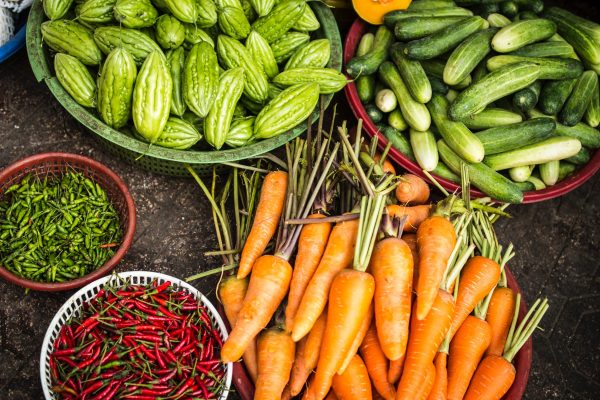
Crises and disasters have one thing in common. They’re highly unpredictable. Many preppers try to have enough food for at least 72 hours. While this is good because any sort of preparation is better than no preparation, the truth of the matter is that this is inadequate.
A hurricane that devastates an area and leaves heavy floods will make roads inaccessible. Stores may be closed and this may last a week. If terrorists coordinate several strikes on food supply routes, food deliveries may be delayed by weeks.
What will you do? Is three days’ worth of food going to help. The rule of thumb is to store at least 30 days of food supplies to tide you over any emergency.
Now, this is easier said than done. You must store foods that are nutritious so that your body gets all the nutrients it needs during the crisis. You do not want to have nutrient deficiencies that weaken you and compromise your immune system.
On the other hand, the food you store should be food you like eating. There must be a balance between nutrition and taste. If not, eating your food supplies will be just as demoralizing as the situation itself.
In this article, we’ll look at a few points that you should take into consideration when planning to store food.
- Make a list of all the foods you enjoy eating. These should be food that you can eat out of a can or prepare with some light cooking.
- Now check that list against the USDA food pyramid: https://www.cnpp.usda.gov/sites/default/files/archived_projects/FGPLargeGIF.gif
- The foods that you consume during peace time will be varied and most often you’ll get most of the nutrients you need. During times of crisis, when your food intake is limited, it’s important to pay close attention and check if you’re getting your daily requirement of carbohydrates, fats, proteins and minerals.
- Now check the list you prepared against the food pyramid. Do you have foods in several different categories? You’ll now need to check which foods can last in the long term.
- For carbohydrates, you can always store pasta and freeze-dried fruit. For fats, you can keep a bottle of coconut oil or olive oil in your supplies. 2 tablespoons of coconut oil a day will give you a healthy dose of good fats.
- It’s best to have multivitamins, fish oil supplements and a greens supplement as part of your supplies. This will shore up any nutrient deficiencies and you’ll be covered. You may wish to keep a bottle of magnesium pills to help calm your mind and give you better sleep during difficult times.
- When it comes to proteins, many people immediately think of meat. While frozen meat lasts a long time, there is always the possibility that the power goes out. When that happens, the meat in your chiller will start to rot. So, it’s best to store either freeze dried meat or you can store nuts and brown rice to meet your protein needs.
- Do remember to store some comfort foods as part of your food supplies. Candy bars, chocolate and other tasty treats will help provide that little bit of emotional relief from the stress of a difficult situation.
- When storing foods, it’s important to store the foods you like eating. If most of the foods you like can’t be stored for long periods, it’s best to occasionally eat some of the foods you plan to store.
You want to get used to the taste of the food and give your body time to get used to them too. Suddenly, putting your body on a diet of ready-to-eat meals (MREs) during a crisis is going to add to the stress.
Follow the tips in this article and plan your food storage accordingly. It may take you a couple of days to figure it all out. Looking for substitutes for fresh food can be a challenge. For example, instead of fresh vegetables, you will need to look for tinned vegetables… and you might not even like the taste of these, but you need them to meet your nutritional requirements.
So, there is some thinking required and you’ll need to find the right balance. Take into account all your family members’ needs and preferences too. Remember your pets too. Plan it all out on paper and then start your food stockpiling.

